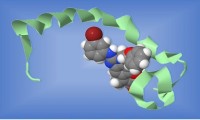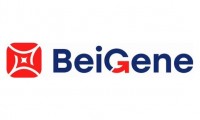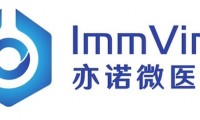-
Fluid Biomarker Test Detects Neurodegenerative Diseases Before Symptoms Appear
- Source: drugdu
- 87
- March 28, 2024
-
BIO-THERA’s Phase II Clinical Trial Application for BAT8006 (ADC- FRα) for Injection Approved by US FDA
- Source: drugdu
- 130
- March 28, 2024
-
FDA Fast Tracks ImmVira’s Oncolytic Herpes Simplex Virus Therapy for Head and Neck Squamous Cell Cancer
- Source: drugdu
- 85
- March 25, 2024
-
Precision Medicine Startup Mirador Unveils $400M for R&D of New I&I Drugs
- Source: drugdu
- 117
- March 25, 2024
-
Groundbreaking pTau217 Blood Test as Accurate as Brain Imaging or CSF Testing in Diagnosing Alzheimer’s
- Source: drugdu
- 154
- March 23, 2024
-
Startup Lands $150M for Delicate Dance Between Cancer Cells & Immune Cells
- Source: drugdu
- 90
- March 22, 2024
-
BeiGene’s Tevimbra receives FDA approval to treat advanced oesophageal cancer
- Source: drugdu
- 125
- March 20, 2024
-
A Startup’s Flexibility With ADC Cancer Drugs Attracts €128M for Clinical Trials
- Source: drugdu
- 153
- March 19, 2024
-
ImmVira’s oncolytic product MVR-T3011 IT Intratumoral Injection Receives FDA Fast Track Designation for HNSCC Treatment
- Source: drugdu
- 90
- March 19, 2024
your submission has already been received.
OK
Subscribe
Please enter a valid Email address!
Submit
The most relevant industry news & insight will be sent to you every two weeks.













